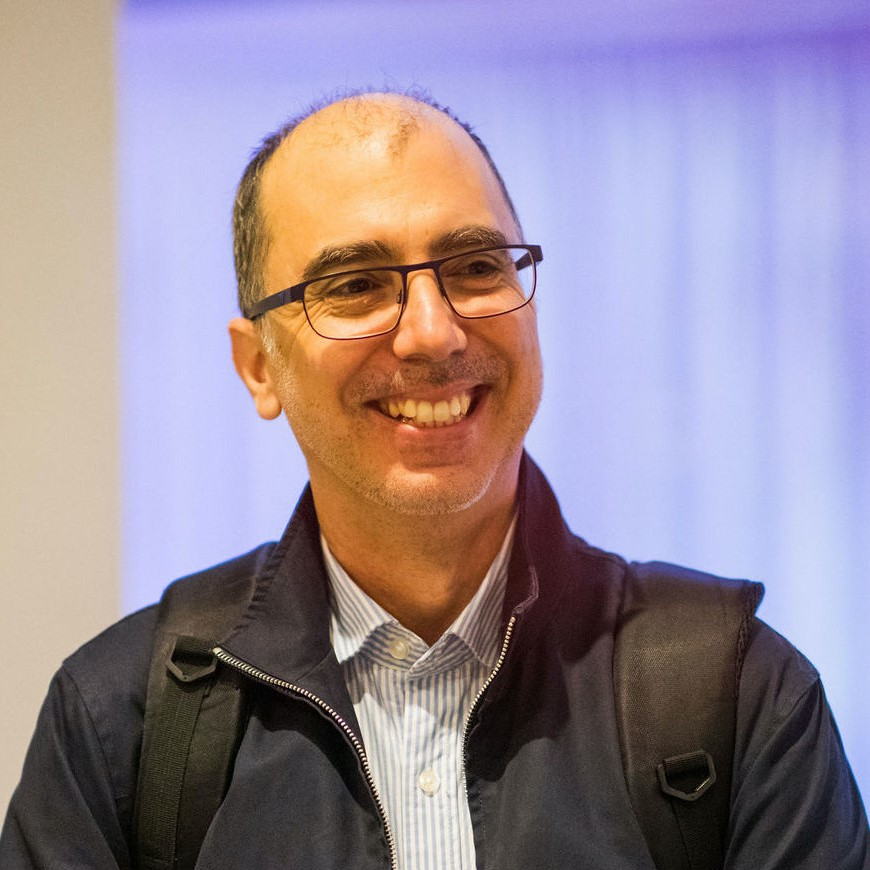
Research Group:
Fernando Pinto Santos received his PhD in International Business from Aalto University (Finland) after having done parts of his studies at Stanford University. His research mainly revolves around four key areas:
– How organizations employ their heritage to support their strategies and brands
– How organizations pursue legitimacy
– How consumers access authenticity (and legitimacy)
– How singular global brands are managed and expand internationally
What cuts across these research interests is an attempt to better understand how communication, discourses and narratives – in a broad multimodal perspective and paying attention to materiality – are used in and around organizations in a strategic manner, and how they construct organizational and consumers’ realities.
Main Publications:
Santos, Fernando Pinto (2022). Changing an organization’s legitimation story: navigating between the materiality of the past and the strategy for the future. Culture and Organization, 28(6), 485-508.
Jennings, Eliza; Santos, Fernando Pinto & Marques, Ana Paula (2022). Does your business TikTok? Genuineness, proximity to customers and international expansion with short video marketing. Marketing and Smart Technologies, edited by Rocha, Álvaro & Reis, José Luís. Proceedings da ICMarkTech 2022. Springer.
Santos, Fernando Pinto (2021). Showing legitimacy: the strategic employment of visuals in the legitimation of new organizations. Journal of Management Inquiry, 32(1), 50-75.
Rindell, Anne & Santos, Fernando Pinto (2021). What makes a corporate heritage brand authentic for consumers? A semiotic approach. Journal of Brand Management, 28: 545–558.
Santos, Fernando Pinto (2019). Websites and the legitimation of new ventures: embracing conformity and distinctiveness. In: Materiality and Institutions, edited by Eva Boxenbaum, Bernard Leca, François-Xavier de Vaujany and Anouck Adrot. Palgrave MacMillan.
Main Projects:
Project ‘Quo vadis Sustainability? Higher Education Institutions sustainability claims: communication, legitimacy and perceptions’ financed by Universidade Europeia (2022-2024)
